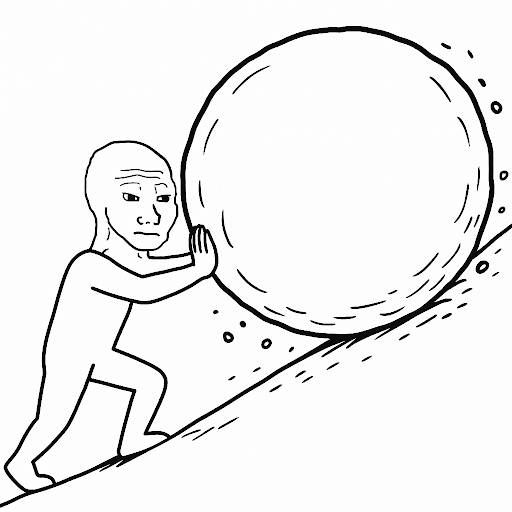Everyone who has practiced the profession of law is bound to encounter some moral dilemmas, especially in areas that cannot be adjudicated in simple black-and-white terms. More so, if you are very passionate about your profession. However, none are as morally complex as family law cases.
These cases, for me, are the toughest to handle as they shake my conscience and force moral dilemmas upon me. In most cases I have seen so far, it is often the woman filing for divorce and seeking maintenance. This is not inherently problematic; anyone is entitled to seek divorce if they choose. I believe that sometimes things do not work out, and divorce is the logical way forward. However, when seeking justice, one should not resort to slinging mud. Justice is holistic and complete, and once a court is involved, one should seek remedies solely for the actual grievances.
As Justice Krishna Iyer stated in Jasraj Inder Singh v. Hemraj Multanchand [(1977) 2 SCC 155]:
“Truth, like song, is whole, and half-truth can be noise; Justice is truth, is beauty, and the strategy of healing injustice is the discovery of the whole truth and harmonizing human relations. Law's finest hour is not in meditating on abstractions but in being the delivery agent of full fairness. This divagation is justified by the need to remind ourselves that the grammar of justice according to law is not a little litigative solution…”
In family matters, anger and ego are often heavily involved. In my experience, courtrooms frequently witness dramatic confrontations.
Here is how most cases proceed in family courts:
A woman generally seeks maintenance in court or files a complaint at the police station alleging domestic violence or cruelty, even when such incidents may not have occurred. The real reason often stems from frustration or a belief that her husband will fear her or comply with her demands. It is worth noting that her demands can sometimes be legitimate.
Her reasoning might be, “Once my husband goes to jail, he will come to his senses” (jail jaane ke baad dimag thikane aa jaayega).
She approaches an advocate, who files charges of domestic violence and cruelty on her behalf.
I firmly believe that once such a path is taken, tarnishing a man’s reputation, there is no turning back. A man’s reputation is not built overnight, and allegations of this nature can be deeply damaging. The logic that someone will capitulate after being falsely accused of domestic violence, cruelty, or dowry is a poor strategy. Most men worth their dignity would respond with hostility in such situations. I would do the same in this situation. I cannot scientifically prove this, but my instincts and observations tell me it’s true.
Similarly, in cases involving partition suits within families, criminal charges such as rape, assault, and fraud are often filed against one another. The Supreme Court has observed in M. Srikanth v. The State of Telangana [2020 (1) SCC (Cri) 178]:
“We fail to understand as to how a dispute with regard to the inheritance under a will and deed of confirmation can be decided in a criminal proceeding.”
While I am not as concerned with what clients do to vent their frustrations, I question how an advocate should handle such cases. Should we advise clients to seek remedies that are unwarranted merely to appease their emotions? If I refuse, someone else will likely do it instead. As a fresher, it is even more challenging to deny such demands.
This feels deeply unprofessional, particularly when clients, in fits of rage, start shouting at advocates or using derogatory language. Does this reflect well on our profession? I believe the Bar Council should regulate such practices. However, this is a daunting task, as such conduct is widespread, and advocates cannot be penalized for simply arguing a matter. Still, this behavior is morally questionable.
I can cite multiple cases where public opinion has not reflected well on our profession, such as in the Atul Subhash case. As the matter is sub judice, we cannot comment on the judgment, but it has certainly raised significant questions about our justice system.
How can one proceed with settlement or mediation when the opposing party has leveled allegations of rape and cruelty? These are questions I grapple with, and I am sharing my thoughts here in the hope of finding answers. I may update this blog as I find answer to this moral dilemma myself.
(20th January 2025)









